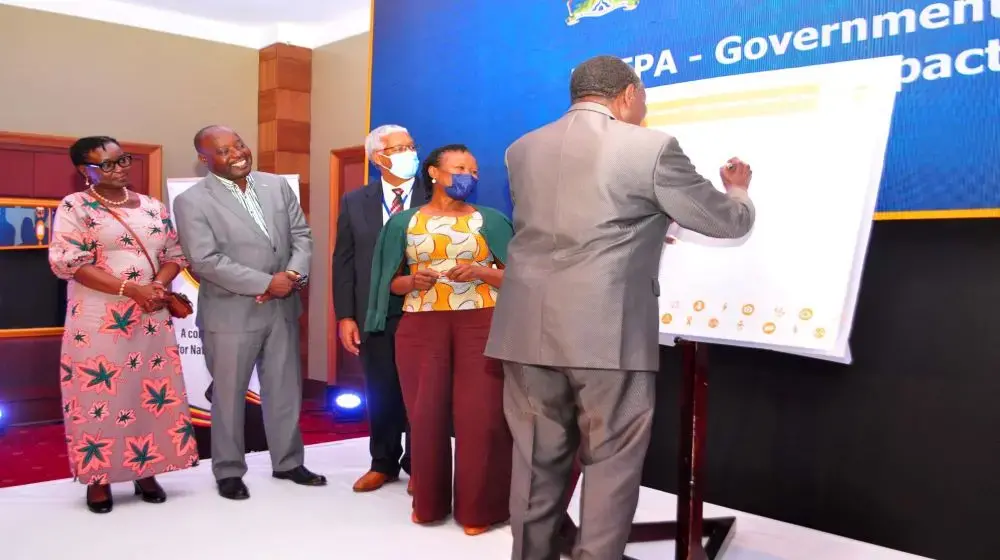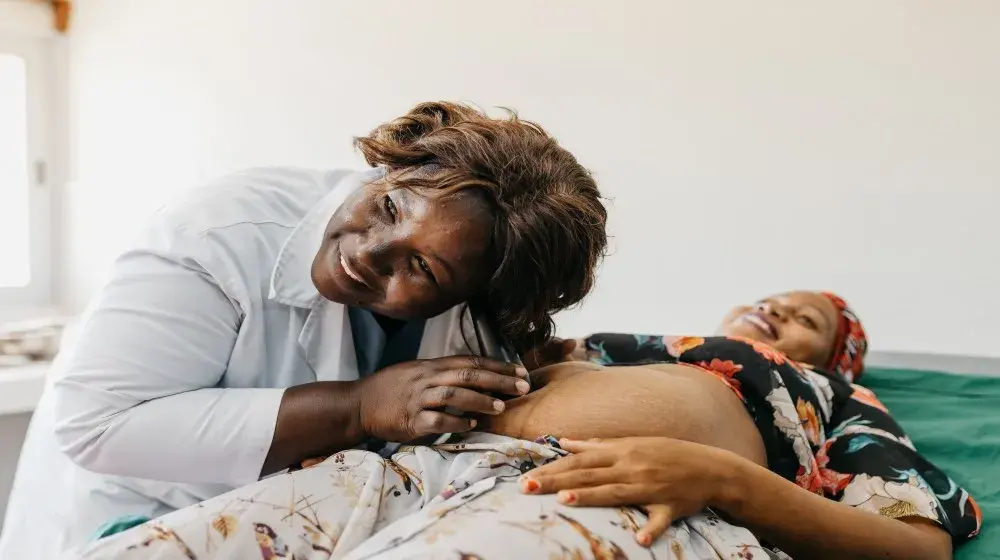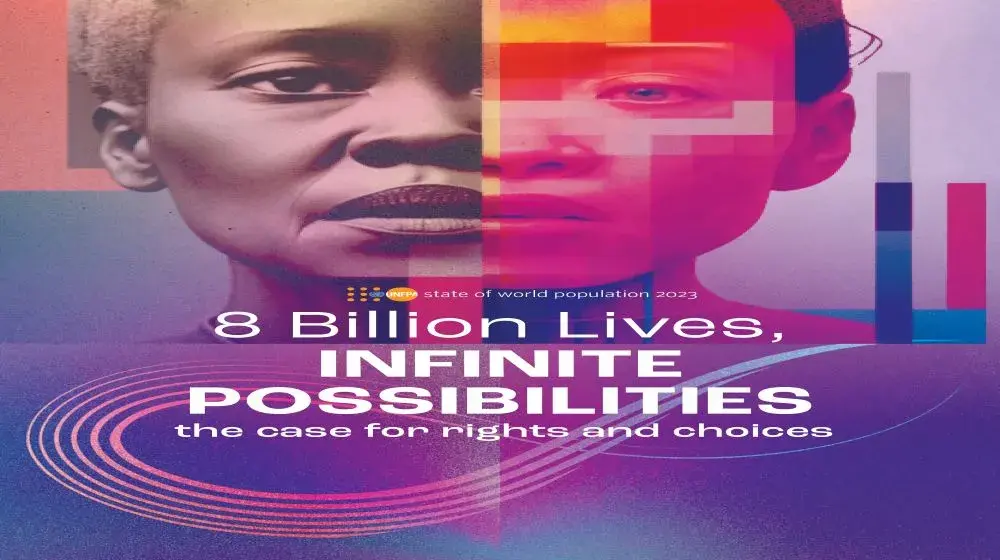Reporting incidences of gender-based violence and seeking support remains a challenge for many women who experience violence, especially from their intimate partners. In most situations, violence is considered a simple family matter that survivors have to cope with on their own.
Alice (40 years)* is a survivor of domestic violence, she has been attending individual counseling weekly and group therapy sessions quarterly at the women safe space in Elema refugee settlement, Adjumani district.
“I was quiet for so long. I tried to contain it but it became too much until February 2019 when I decided to meet the caseworker who sits at the settlement community center,” said Alice.
Seated under a tree at the community center, Joyce narrated her story, detailing the kind of violence she endured since 2013 when her husband joined her in the refugee settlement. She explained how she came to the center on several occasions, but for a while could not gather the courage to speak to anyone about her ordeal.
According to Alice, her husband was always drunk, would get angry and physically abuse her whenever asked about household needs, he didn’t pay the children’s school fees and often avoided her. She on several occasions attempted to separate from him, but her family always sent her back arguing that it is normal for women and men to fight.
“At the women safe space, I was counseled and then introduced to other women who have gone through similar experiences, so I knew I was not alone,” Alice narrates. “I also received some items like bedsheets, soap and a cash grant that I used to start a small business of selling dried silverfish. With the income, I am now able to contribute to school materials for my children.”
Couple counseling sessions and home visits are specifically targeted to reach out to the partners of survivors and this has helped most men realize how violent behaviors affect the family, thus realizing the need to change just like Alice’s husband did.
“My husband accepted to attend couple counseling sessions, he has since changed. He now pays children’s fees, doesn’t beat me anymore, and even eats lunch at home,” said Alice.
“I am now happier than before, as you can see I am smart and more confident because I have gained knowledge and now involved in sensitizing communities against GBV through my work as a Community Activist,” she added.
With CERF Funding in the period April through December 2019, UNFPA and its implementing partners (LWF and IRC) supported the establishment of fourteen (14) women safe spaces across 4 refugee hosting districts (Arua, Moyo, Adjumani, Kikuube). Here survivors of GBV go through individual counseling, participate in monthly group therapy sessions, engage in psychosocial support activities like knitting and are supported with referral to various service points like health facilities and police.
Each safe space hosts about 40 women daily who participate in various psychosocial support activities including knitting, baking, and beads making. In the process, the safe space volunteers use the sessions to engage women in discussions and share information about family planning, HIV/AIDS, sexual reproductive health, prevention of gender-based violence, among others. Every three months, the women conduct outreaches to mobilize communities to prevent gender-based violence.
The women safe spaces under the CERF grant form part of a larger set of integrated SRHR/GBV programme interventions aimed at enhancing uptake of quality SRHR/GBV services in refugee hosting districts. During the programme period, Uganda hosted 569,362 refugees and asylum seekers in the targeted districts of which 36,853 were new arrival refugees from South Sudan and DRC.
***********
*Name of the survivor is changed to protect her privacy.
Story compiled by: Patricia Nangiro, UNFPA Uganda





